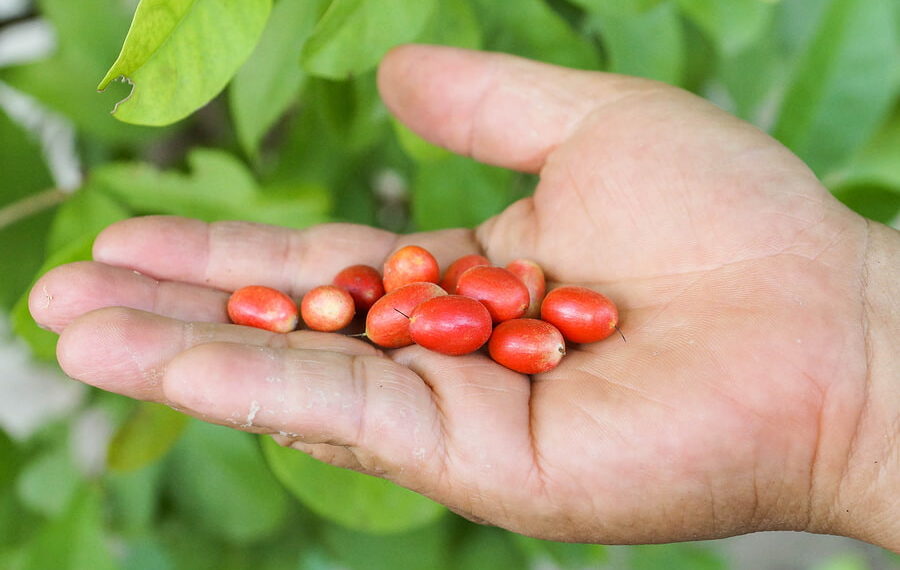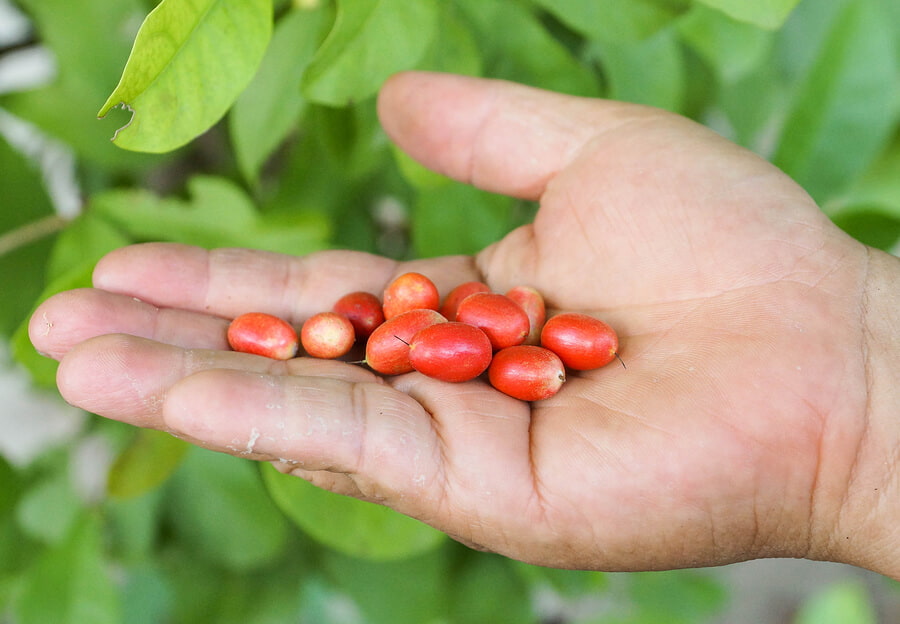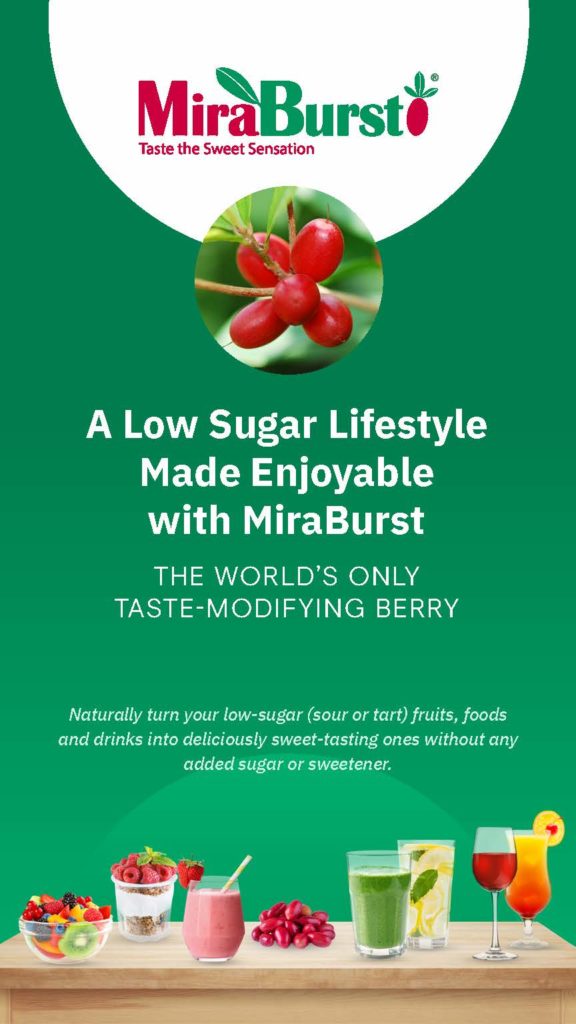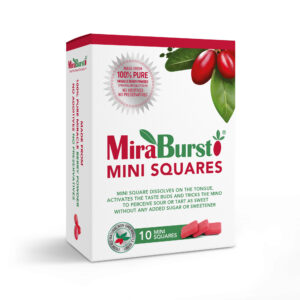
Australia Discovers the Miracle Berry

The miracle berry is getting noticed in other areas of the world which is a great thing to see. In northern Queensland, Australia, a couple has started growing the country’s first commercial crop of miracle berries after discovering a bush on their property several years ago.
Accidental Farmers
Chris Beckwith and his partner Karen Pereira discovered the unique taste-changing qualities of the fruit after finding the bush on their Daintree Rainforest property after moving there from Sydney. Beckwith was amazed. “Anything you eat for the next hour or so, be it a lime or a tomato or something that’s a bit acidic tastes so sweet,” he said.
The couple began giving the miracle fruit to friends. One of them was a friend who had been going through chemotherapy for leukemia.
“He was just eating ice out of the refrigerator because he couldn’t cope with the metallic taste he was getting,” said Beckwith. “His wife videotaped him when he had the first berry and his comment was, ‘this is amazing’ and from there he started going to restaurants every night.”
How it Works
The miracle berry contains a glycoprotein called miraculin. This binds to the sweet receptor cells on taste buds and has the ability to make sour and acidic foods taste sweet. The experience with their friend moved the couple to plant additional bushes and send their harvest to other cancer patients in their community.
One of these is Gene Lewis. His treatment for tongue cancer had severely affected his taste buds as well as his salivary glands. After consuming the miracle berries, he said. “Straight after eating one of those I can go and enjoy a normal meal again because I’d say 90 percent of my taste buds are almost back to normal.”
[mira-cta]
The Challenges of New Products
The couple’s company, Rubyberry, faces some challenges, however. There have been no clinical trials in Australia to test the claims that the protein helps with dysgeusia, the taste distortion experienced by chemotherapy patients. Because the product has not been registered with the Therapeutic Goods Administration, the regulatory body for therapeutic goods in Australia, they need to be careful about the claims they make regarding the miracle fruit product that they offer.
Pereira is currently in talks with Australian medical professionals to try to get local research done. It has been a difficult process because of lack of funding and often downright disinterest.
“I would love it if I could have 200 berries and send them down to a hospital in Sydney or Brisbane or Melbourne so that the whole oncology department, including nutritionists, oncologists, cancer nurses can try it together and understand what it does.” Pereira said.
At the moment, Rubyberry is importing freeze-dried miracle berries from the United States where they have undergone clinical trials and will begin to freeze-dry their own from their Daintree farm once there is enough supply.
For consumers in the United States, the berries can be purchased in both frozen form or miracle berry tablets on our website.


Can I buy the berry in Tasmania